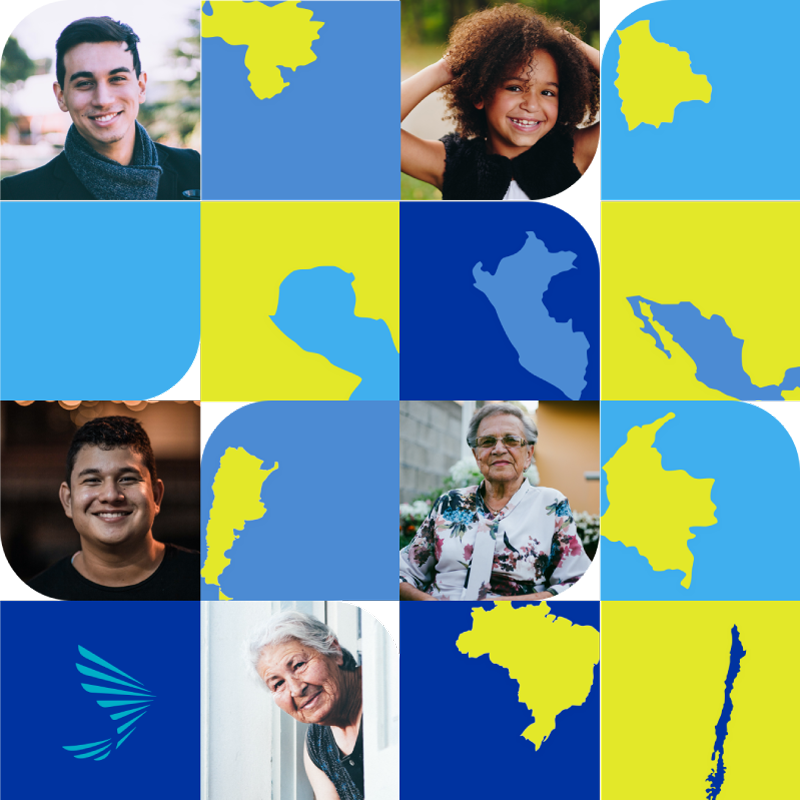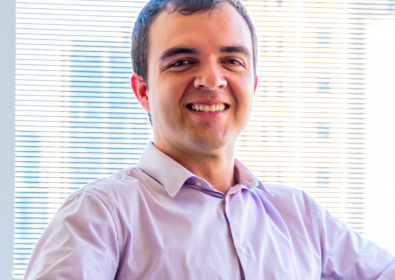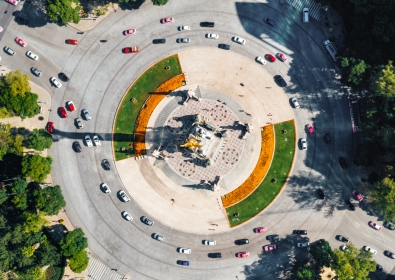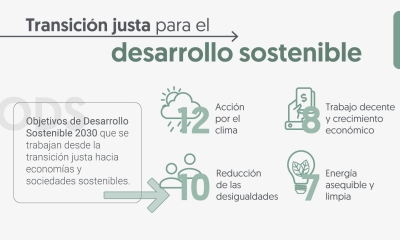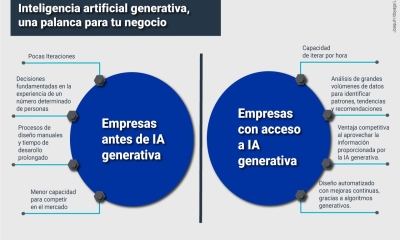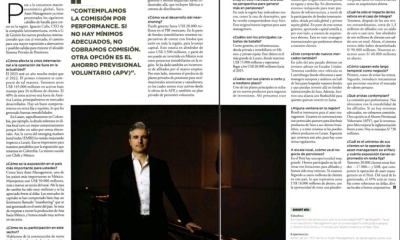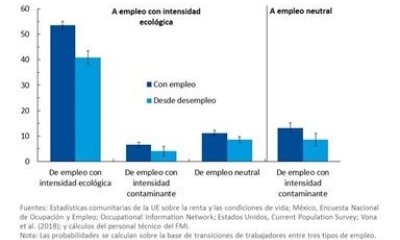• The purpose of Lab Futuros – which follows a social conversation methodology – is to provide tools that facilitate the relationship with uncertainty, which involves thinking about the future.
• This exercise – intended to listen to citizens and developed together with SURA Group, Universidad de los Andes, Centro Escuela de Diseño de Mexico and Tell – collected nearly 6,000 answers regarding the citizens’ perceptions of the future in six areas: finances, social, health, home, transportation, and activities.
• In the first phase on the streets, Laboratorio Social reveals that the Colombian society has a paradox known as “optimism gap”, which implies conducting a positive assessment individually, but negative at the collective level.
• Lab Futuros served as a starting point for a regional initiative that, in association with SURA Asset Management, will help continue to discuss and create spaces of interaction in Colombia and Latin America regarding the future and these times of change we are experiencing.
• To participate just access platforms proteccion.com/futuros in Colombia or futuros.sura-am.com in the rest of Latin America.
“80% of citizens, individually, have an optimistic outlook on the development of their future”. This is one of the conclusions drawn from “Laboratorio de Futuros” [Lab of Futures] conducted by Proteccion, Grupo SURA, Universidad de los Andes, Centro Escuela de Diseño de Mexico and Tell over the last year. This exercise – which followed a social listening methodology and collected nearly 6,000 answers from citizens in some of the major cities in the country – reflects that Colombians are feeling the main tensions in their lives in areas such as finance, health and transportation.
However, the result showed that when citizens plan the future as a society, they are more pessimistic – a phenomenon public opinion researchers and intellectuals like Steven Pinker (Canadian) have referred to as “optimism gap”: a positive feeling about their individual experience, but a negative view where analyzed collectively.
The study, with the participation of citizens from different population segments, covers six categories over which social experiments were conducted, as well as the finding of frequent patterns: finances, social, health, home, transportation and activities. As regards the financial situation, 36.4% have both expectations and concerns about economic stability; for transportation, 20.6% say that their main uncertainty is about public transport; as for health, 28.7% of answers showed that their main concern is about physical health; in the social area, citizen support networks represented the most frequent pattern with 35.8%; as for activities, achieving academic goals is the target, with 32.1% of answers; finally, for the home area, the common pattern is associated with family relationships, with 18.5% of answers.
“Paradoxically, these findings were presented just a few days before the COVID-19 lockdown, so they surely have exacerbated during the last months. And we want to keep talking about this with citizens to learn how they perceive their life; what motivates them to do what they do; what their desires and fears are; and how organizations may help them improve their well-being. Lab Futuros was created as a space for conversation to build relationships and different bonds with citizens, which lead us all to raise more awareness of the possible futures we may build together starting today”, said Juan David Correa, Proteccion’s CEO.
“We have never been as connected as we are now. That interdependence creates relationships, visions and joint concerns about the future. By implementing a social lab methodology, Lab Futuros is introduced as a study intended to revitalize conversations in the present to start to build the future people dream of, individually, but also collectively, as well as in areas such as finances, transportation, health, among other pillars of life”, said Rodrigo Romero Garcia, Project Manager for Tell, who conducted the project research.
These results, along with the social and economic uncertainty we are experiencing as a result of COVID-19, highlight the importance of having mechanisms to strike up ongoing conversations and learning about our expectations and perceptions of the future. Therefore, Proteccion joins the Futuros Posibles initiative [Possible Futures] SURA Asset Management is launching in Latin America – a digital proposal that will encourage conversations and spaces of interaction among Latin Americans, aiming to learn about their perceptions of the future and their expectations.
“Being able to know how people in Colombia perceive the future, as well as to foster the possibility of imagining futures in a joint manner, is a very powerful way to spark dialogs about positive things and those that have room for improvement not only in Colombia, but also in Latin America. The future, or rather the futures are for both people and societies, so it is very important to listen to and understand people’s desires to start to build today their possible and desired futures, and to understand how we, as companies, may become allies to build a better tomorrow”, said Correa.
To access this initiative just access platforms proteccion.com/futuros in Colombia or futuros.sura-am.com in the rest of Latin America. On this website, in addition to leaving your perception of the future and learning about others’, you may access a series of 10 talks with global thinkers from different angles of knowledge, who share their points of view and proposals for the new post-COVID-19 environment. The series named Imagina El Futuro (Imagine the Future) that will run until July 6, is made possible thanks to the alliance between Sura, the Hay Festival and BBC Mundo, allowing to listen to great thinkers such as writer Fernando Savater (Spain), Nobel Prize for Economics recipient Paul Krugman (United States), scientist Venki Ramakrishnan (India) or journalist Almaguillermo Prieto (Mexico).

